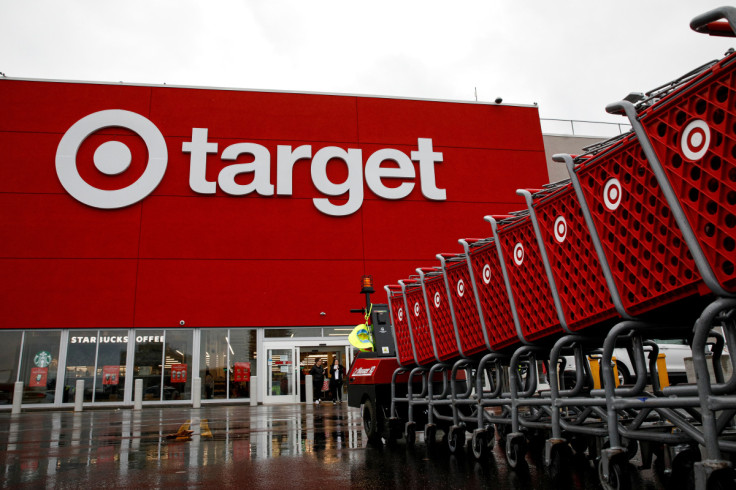
Target has announced that it will no longer accept personal checks as a form of payment at its checkout counters starting from July 15 to ensure a smooth and efficient checkout experience.
The retail giant explained cited the "extremely low volumes" of personal check transactions as a reason. The use of personal checks has significantly declined in recent years. According to the Federal Reserve Financial Services, personal check usage fell to just 3% of payments in 2023, down from 4% in 2021 and 2022, and 7% in 2020.
Target confirmed it has implemented several measures to inform customers ahead of the change, according to NBC News.
The retailer will continue to accept a variety of other payment methods including cash, digital wallets like Apple Pay, SNAP/EBT, buy now, pay later services, and credit and debit cards.
Target's acceptance of personal checks will remain in place through the end of its Target Circle Week sale, which runs from July 7 to 13.
Other major retailers that do not accept personal checks include Aldi and Whole Foods Markets. Rival Walmart, however, will continue to accept them.
The non-acceptance of personal checks is part of a broader effort by Target to streamline its checkout process and address theft concerns.
In March, the company announced plans to reduce or eliminate self-checkout options in some stores. Last month Bloomberg News reported that Target lowered the threshold at which employees could intervene in theft incidents from $100 to $50.
Last fall, Target's chief financial officer, Michael Fiddelke, told investors that the company expects shoplifting to be a "significant financial headwind."
Target, which operates approximately 2,000 stores across the United States, recently closed nine urban locations, including those in San Francisco, Seattle, Portland, and the Harlem section of New York City. The Harlem store had been a frequent target of organized retail theft.
These closures came as Target grapples with significant financial challenges attributed to "shrink," an industry term that encompasses losses from shoplifting, vendor fraud, and administrative errors.
"Growth in shrink remains a significant financial headwind, and we're determined to continue making progress in the years ahead," Fiddelke said after the store closures.



